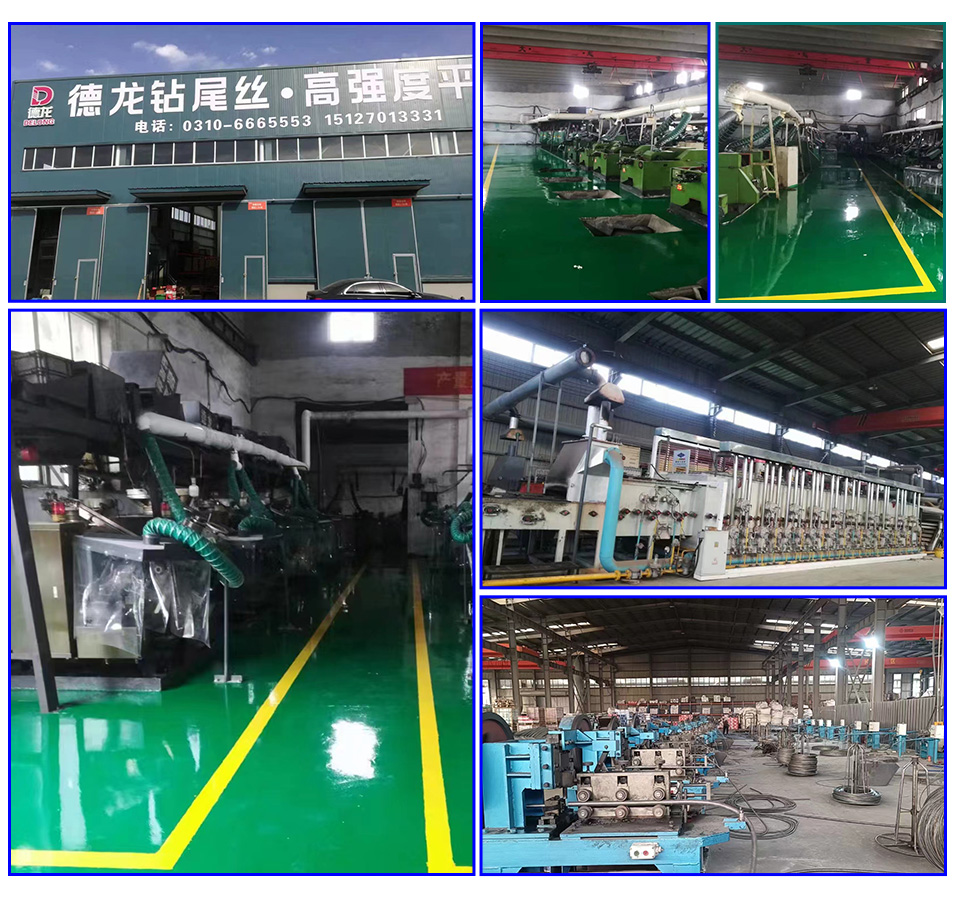Comparing Flat Washers and Spring Washers from Different Suppliers for Your Needs
Flat Washers vs. Spring Washers A Comprehensive Comparison
When it comes to fastening systems in mechanical applications, washers play a crucial role in ensuring the stability and longevity of assemblies. Among the various types of washers available, flat washers and spring washers are two of the most commonly used. Both serve specific functions, but they differ significantly in design, application, and the suppliers that provide them. This article aims to provide a comprehensive overview of flat washers and spring washers, highlighting their differences and the considerations involved when choosing a supplier for these components.
Flat Washers
Definition and Functionality Flat washers are essentially disc-shaped plates that serve the primary purpose of distributing the load of a threaded fastener, such as a bolt or a screw. By providing a smooth surface, they help prevent damage to the material being fastened and reduce the risk of loosening caused by vibrations. The design of flat washers allows them to be used effectively with various types of fasteners, making them a versatile option in construction and mechanical applications.
Materials Used Flat washers are available in various materials, including steel, stainless steel, plastic, and rubber. Each material provides different levels of corrosion resistance, strength, and flexibility, making it essential for suppliers to offer a range to meet specific industry requirements.
Applications Flat washers are widely used in a variety of industries, including automotive, construction, and manufacturing. For example, they are commonly found in applications where load distribution is crucial, such as in bolted joints and connections between different components.
Spring Washers
Definition and Functionality Spring washers, unlike flat washers, have a curved design that allows them to exert a spring-like force when compressed. This property enables them to absorb shock, prevent loosening, and compensate for thermal expansion and contraction. The primary function of spring washers is to maintain tension on a fastener, which can be particularly important in applications that experience dynamic loads.
Types of Spring Washers There are several types of spring washers, including conical washers, wave washers, and disc springs. Each type is designed for specific applications and load requirements. For example, wave washers can provide a slight deflection and are often used in applications where minimal axial space is available.
Materials Used Like flat washers, spring washers can be made from a variety of materials. Common choices include carbon steel, stainless steel, and other alloys. The material selection is crucial, as it affects the washer’s ability to handle the required loads while maintaining elasticity.
flat washer vs spring washer suppliers

Applications Spring washers are critical in applications where encountering vibration or shifting loads is a common issue. They are frequently used in automotive and aerospace applications, as well as machinery assemblies where components are subject to frequent operation and movement.
Choosing the Right Supplier
When sourcing flat washers or spring washers, it’s essential to select a reputable supplier who understands industry standards and customer needs. Here are some considerations to keep in mind
1. Quality Standards Ensure that the supplier adheres to industry-specific quality certifications, such as ISO, ASTM, or SAE. This guarantees that the washers meet rigorous performance standards.
2. Product Range A good supplier should offer a wide variety of materials, sizes, and types of washers to accommodate diverse applications. This flexibility is crucial in meeting your specific requirements.
3. Customization Options Some applications may require customized washers. Suppliers who can provide custom solutions will be invaluable in ensuring that your project requirements are met.
4. Technical Support A knowledgeable supplier can provide essential guidance regarding the selection and application of washers, helping customers choose the right product for their needs.
5. Lead Times and Availability Assess the supplier's ability to meet your delivery timelines. Reliability in supply is critical to maintain production schedules and avoid operational delays.
Conclusion
In conclusion, flat washers and spring washers serve unique but essential roles in fastening systems. Understanding the differences between the two and knowing what to consider when choosing a supplier can significantly impact the success of mechanical assemblies. Whether you require flat washers for load distribution or spring washers for shock absorption, partnering with the right supplier will ensure you have the best components for your specific applications.
-
Top Choices for Plasterboard FixingNewsDec.26,2024
-
The Versatility of Specialty WashersNewsDec.26,2024
-
Secure Your ProjectsNewsDec.26,2024
-
Essential Screws for Chipboard Flooring ProjectsNewsDec.26,2024
-
Choosing the Right Drywall ScrewsNewsDec.26,2024
-
Black Phosphate Screws for Superior PerformanceNewsDec.26,2024
-
The Versatile Choice of Nylon Flat Washers for Your NeedsNewsDec.18,2024










